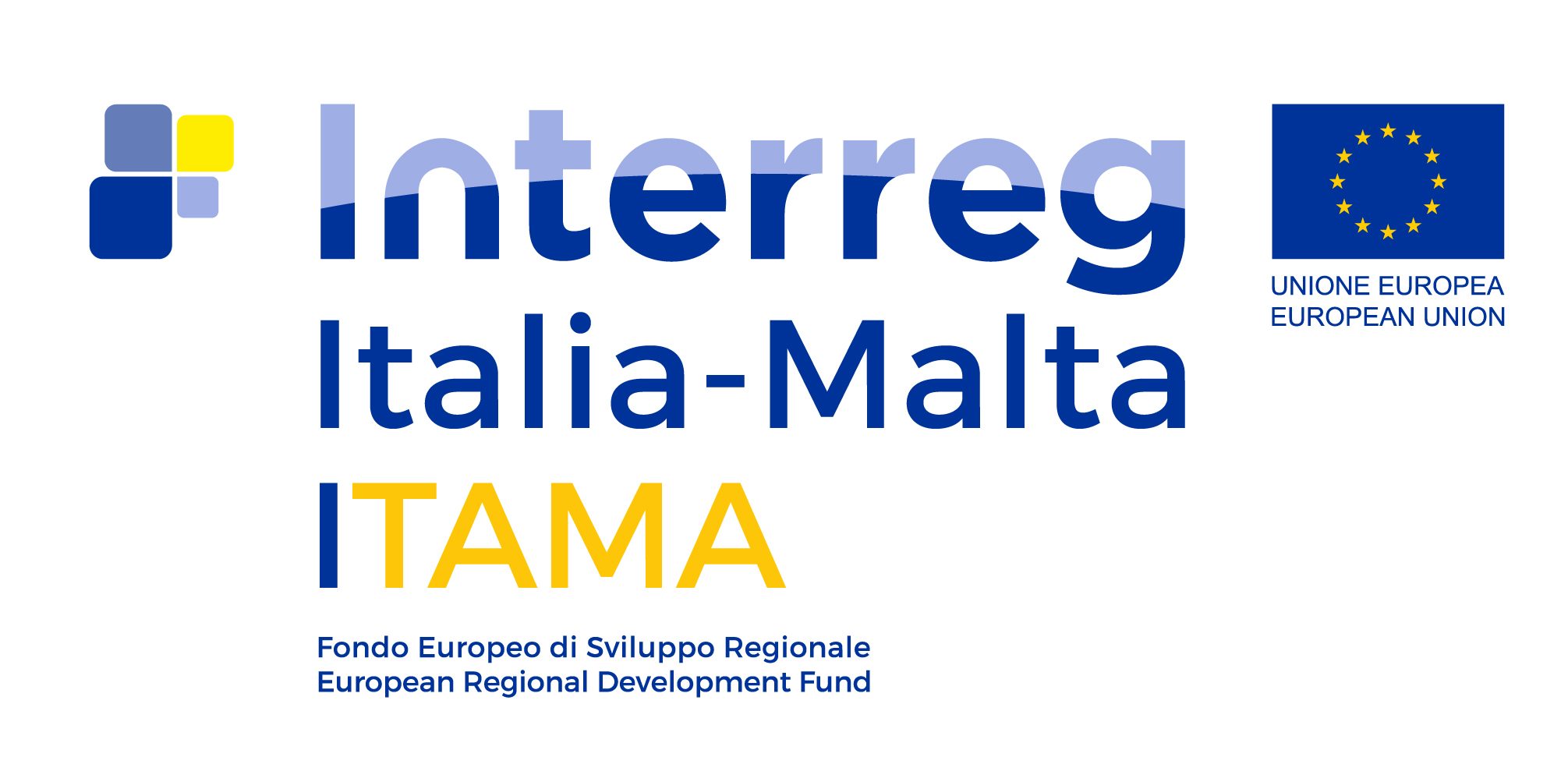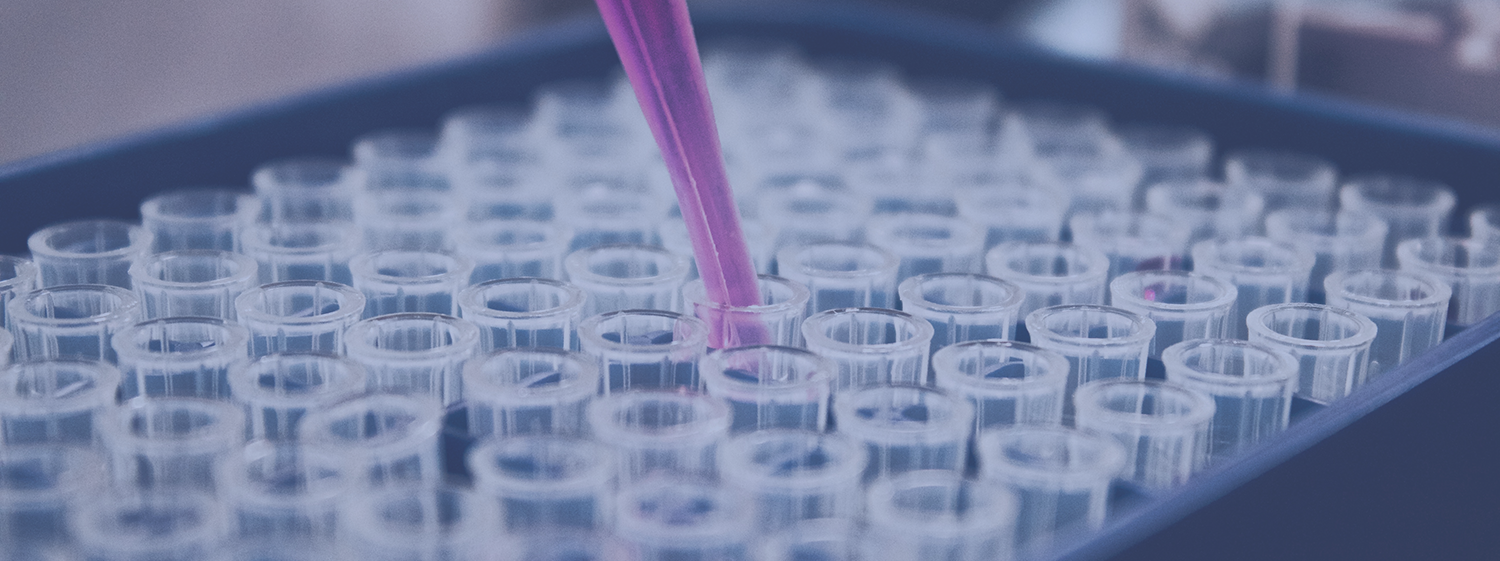The scientific community agrees on the need to improve the methods of diagnosis of autoimmune diseases and on the importance of the multidisciplinary and collaborative approach to achieve this goal. Particularly in the diagnosis of coeliac disease, the need for support arises from the need to anticipate time and improve the accuracy of the diagnosis, while avoiding invasive examinations, especially in paediatric age, and reducing the costs of the disease induced by the delay of diagnosis.
Current problems arise from many factors including:
- The accuracy of a test expressed in terms of sensitivity and specificity does not allow to estimate the predictive value of it without taking the symptoms into account.
- Statistical (predictive) information is currently lacking to calculate the probability of illness (pre-test) of the symptoms or of the combination thereof.
- Increasing complexity in the management and analysis of biomedical data creates the urgency and need to use computer technology to support doctors in the diagnostic process of diseases.
- Biopsy holds the Gold Standard place in the diagnosis of coeliac disease. The diagnostic costs of an invasive examination can be reduced according to the ESPGHAN 2012 guidelines which suggest avoiding intestinal biopsy in the presence of symptoms that together with positive laboratory tests would be predictive of intestinal damage. Unfortunately, less than 10% of subjects with coeliac suspicion avoid biopsy.
Aims
Raise Awareness
Coeliac condition is known to remain largely undiagnosed due to the fact that symptoms are rather non-specific, hence there is an urgent need to raise awareness especially amongst children.
Validating non-Invasive testing
Data gathered from the screening process will be used to statistically validate the accuracy of the results obtained using a simple prick test using a Point of Care Test (POCT).
Technology Transfer
Validated statistical results will be used to define tools for technology transfer and/or process innovation in the healthcare sector.Partners
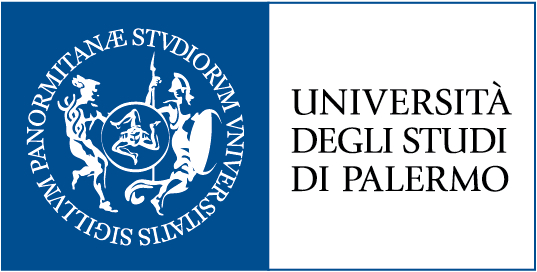
University of Palermo
www.unipa.it

University of Messina
www.unime.it
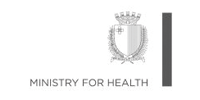
Ministry for Health - Malta
www.health.gov.mt
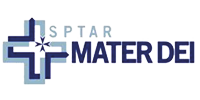
Mater Dei Hospital
www.careandcure.gov.mt

AcrossLimits
www.acrosslimits.com
